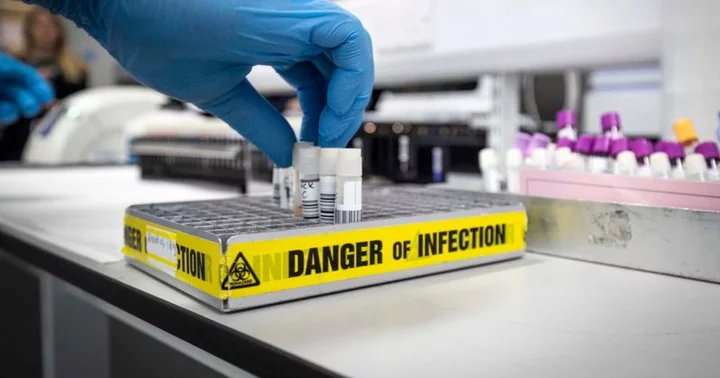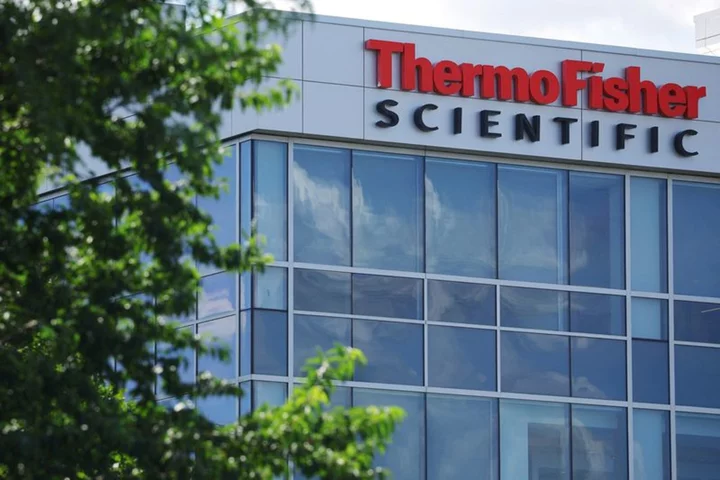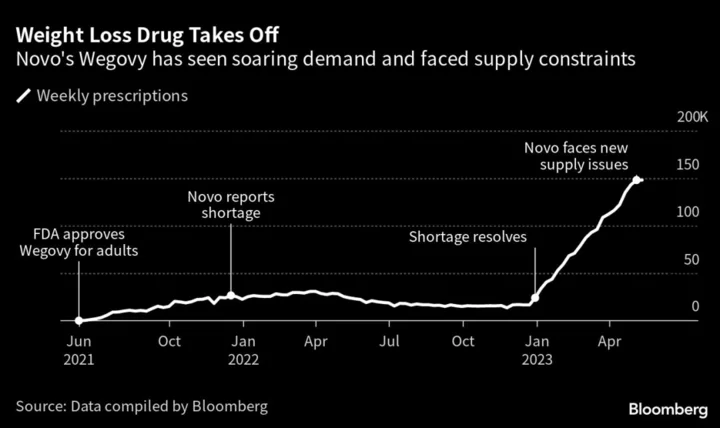TALLAHASSEE, FLORIDA: Cases of leprosy, an infectious disease that’s been around since ancient times, have seen a drastic spike in Florida, raising concerns among medical experts that the disease may now be endemic to the Sunshine State. A letter published by the Centers for Disease Control and Prevention (CDC) noted that Central Florida accounted for 81% of cases reported in Florida and almost one-fifth of cases reported across the US.
There were 159 cases of leprosy registered nationwide in 2020, according to the report published on Monday, July 31. In the report, CDC noted that the number of leprosy cases recorded in the southeast US has more than doubled over the decade, with growing instances of people contracting the ancient disease on American soil, according to The Guardian. “Whereas leprosy in the United States previously affected persons who had immigrated from leprosy-endemic areas, [about] 34% of new case-patients during 2015–20 appeared to have locally acquired the disease,” the CDC said. Urging doctors to consider the disease as a possible diagnosis in patients showing certain symptoms, the department warned that “Travel to this area, even in the absence of other risk factors, should prompt consideration of leprosy in the appropriate clinical context.”
What is leprosy?
Leprosy, now known as Hansen's disease, is one of the earliest diseases known to mankind, with records indicating its existence in the ancient Egyptians more than 4,500 years ago. The disease by the bacterium Mycobacterium leprae, which is disseminated by infected droplets coughed or sneezed by victims. Once inside their new host, the bacteria begin a gradual process of multiplication, which means that signs of the disease might go unnoticed for years. The Cleveland Clinic says it takes three to five years for patients to start to show symptoms although, in some cases, this can take as long as two decades.
In the beginning, the bacteria's attack on the skin, nerves, and mucous membranes results in symptoms including skin lesions, nodules, and thick, dry skin. In the absence of treatment, this might result in irreparable nerve injury, which can cause a loss of sensation in the hands and feet. Over time, this can also lead to muscular weakness and clubbed hands because of bone reabsorption brought on by the infection-induced inflammation. In the 1980s, there were around five million cases of the disease worldwide, but by the 2020s, this number had dropped to just 133,000 cases per year.
How fatal is leprosy?
Leprosy has plagued humans for a long time, but it is very difficult to contract. The ancient disease can only be contracted by being frequently exposed to an untreated diseased patient for several months. "Scientists have learned that to catch leprosy, a healthy person must have months of close contact with someone who has leprosy," The American Academy of Dermatology said, adding, "It's believed that the disease spreads when a person who has leprosy coughs or sneezes. If a person repeatedly breathes in the infected droplets, this may spread the disease. [But] it takes a lot of exposure to catch leprosy." Another reason making it difficult for leprosy to spread is that around 95% of individuals already have natural immunity to Hansen’s disease.
Is there a cure for leprosy?
Leprosy cases have declined over the past 50 years as a result of treatments becoming accessible since the 1980s. However, the procedure is quite lengthy as patients must take the medications for six to twelve months in order to guarantee the eradication of the germs. Three medications are used to treat the illness: Dapsone, clofazimine, and rifampicin, which stop the growth of the bacteria. The drugs are typically administered as oral tablets, with the amount and order determined by the severity of the infection. Doctors say it is important to complete the treatment to ensure the disease is completely eliminated. Treatment for leprosy is free in many countries, including the United States where it is offered by the National Hansen's Disease Program (NHDP).









